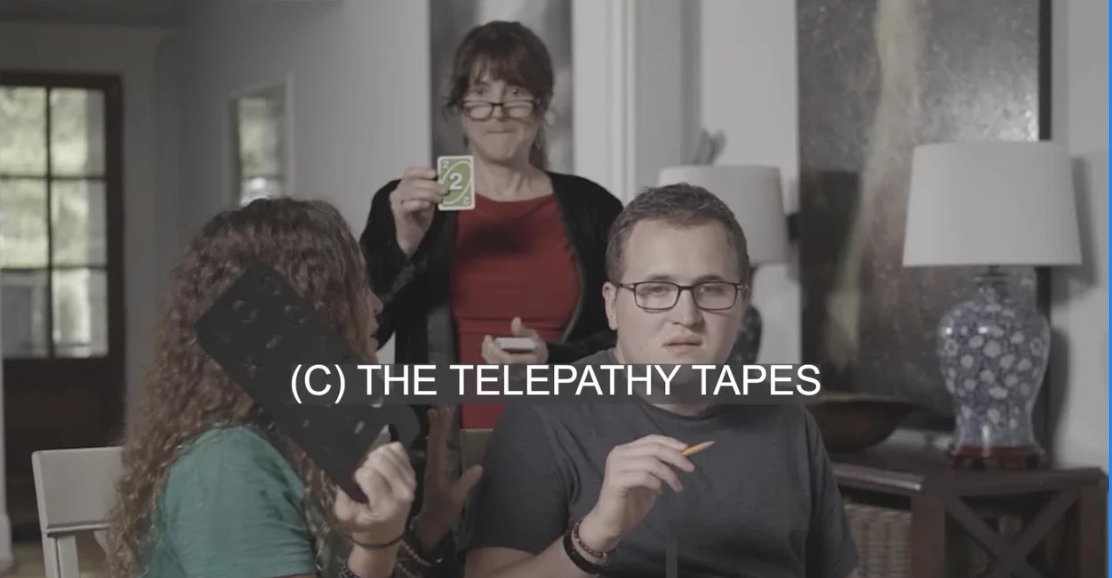The Last Musician of Auschwitz review – an exceptionally moving film that will ring in your ears for years
Anita Lasker-Wallfisch, now 99, escaped death in the concentration camp because she played the cello. As this intelligent, chilling and devastating documentary shows, music proved a curse and a comfortAuschwitz was a site of incomparable horror; people arriving at the concentration camp knew it would be hell on earth. So it was a shock to be greeted by a band playing Mozart’s Eine Kleine Nachtmusik. Was this some kind of breathtakingly sick joke? A demonstration of German cultural superiority? A suggestion that the camp “cannot be that bad”, as one survivor recalls hoping? Or was it a sign, as another remembers thinking, that the Nazis really were “crazy”?The truth was complex and chilling, as Toby Trackman’s exceptionally moving and intelligent documentary goes on to explore. The role of music in the Holocaust might initially seem a somewhat marginal topic. Is the fact there were orchestras at Auschwitz really that important in the grand scheme of things? Yes, as it turns out: because by examining the presence of music in the camp, The Last Musician of Auschwitz is able to give voice to a wealth of ideas about the function, value, inherent ambivalence and weaponisation of art and culture. Continue reading...

Anita Lasker-Wallfisch, now 99, escaped death in the concentration camp because she played the cello. As this intelligent, chilling and devastating documentary shows, music proved a curse and a comfort
Auschwitz was a site of incomparable horror; people arriving at the concentration camp knew it would be hell on earth. So it was a shock to be greeted by a band playing Mozart’s Eine Kleine Nachtmusik. Was this some kind of breathtakingly sick joke? A demonstration of German cultural superiority? A suggestion that the camp “cannot be that bad”, as one survivor recalls hoping? Or was it a sign, as another remembers thinking, that the Nazis really were “crazy”?
The truth was complex and chilling, as Toby Trackman’s exceptionally moving and intelligent documentary goes on to explore. The role of music in the Holocaust might initially seem a somewhat marginal topic. Is the fact there were orchestras at Auschwitz really that important in the grand scheme of things? Yes, as it turns out: because by examining the presence of music in the camp, The Last Musician of Auschwitz is able to give voice to a wealth of ideas about the function, value, inherent ambivalence and weaponisation of art and culture. Continue reading...














































































